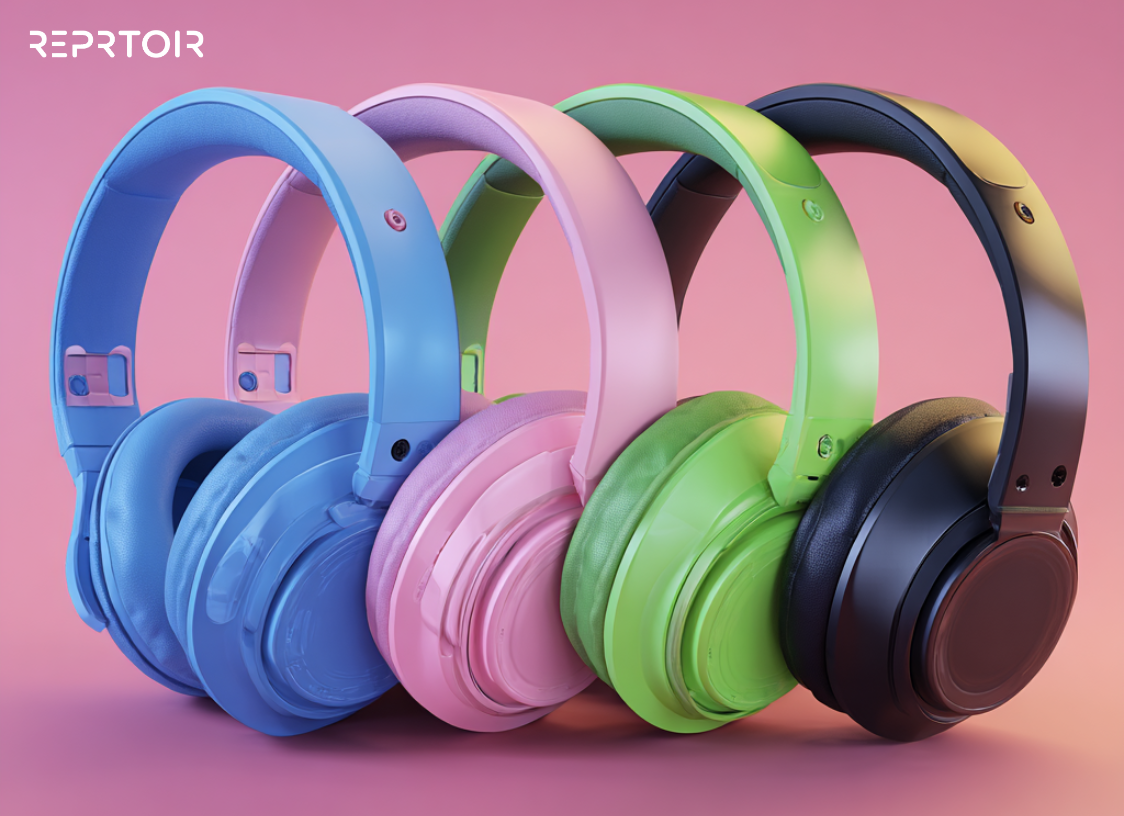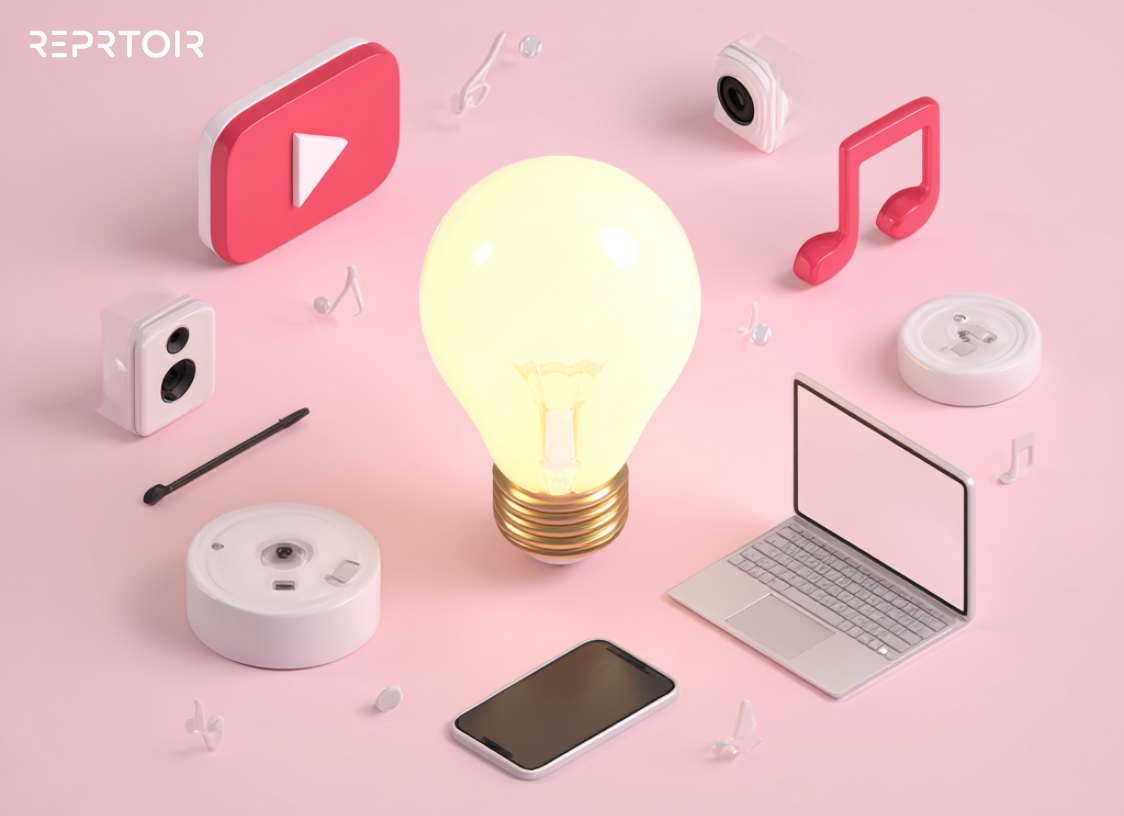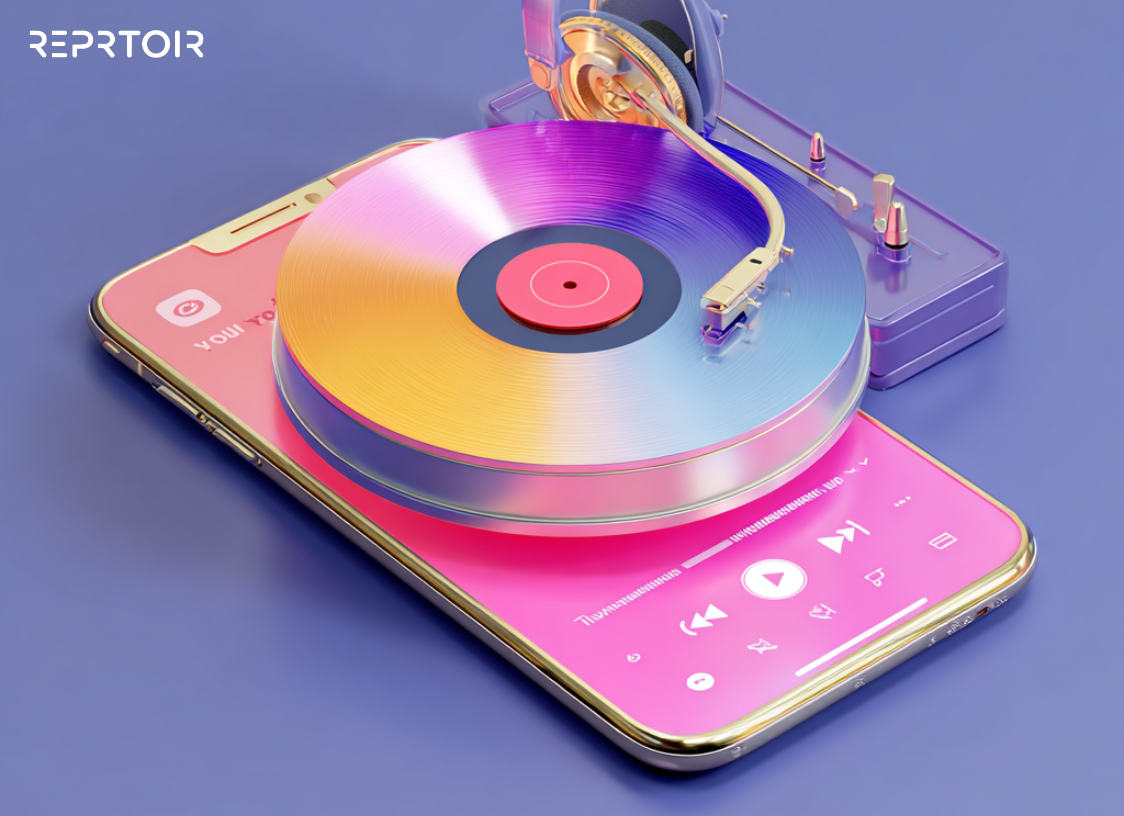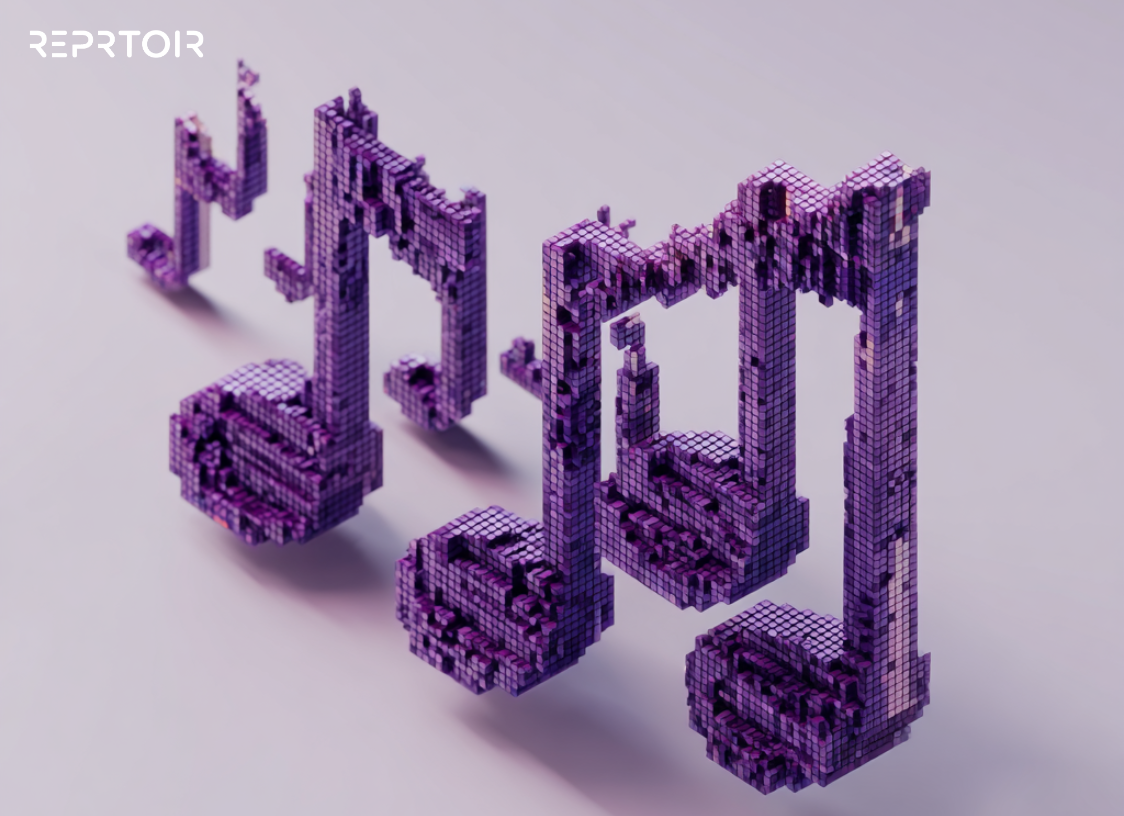While this article is written for the benefit of music industry professionals, we’re going to ask you to put on your music consumer hat for most of this one. Besides, those of us who work in music, consume it as well.
It’s pretty well safe to say that music is a unique creation and an even more unique product. With most products, for example, ownership is simple; If you pay for it, then you own it. Ownership comes with certain rights - the right to resell it, the right to copy it, and the right to do basically whatever you want with it, within the confines of the law, of course.
Music, however, isn’t like that at all - there is a heck of a lot more to it! One thing that truly defines music as a different kind of product is what you can do with it when you buy it - or more specifically, what you can’t do with it.
What the heck are we talking about?
Digital Rights Management (DRM)
While music is a unique product, DRM doesn’t only apply to this kind of content. Let’s go back to the movies, and we’ll find something very similar that has existed long before the digital age. For those of us who are old enough to remember buying DVDs - even, God forbid, VHS tapes - there was always a warning that came on before the movie started. The FBI or Interpol or whichever law enforcement agency was tasked with that particular warning made sure to let you know that while you own your DVD or tape, you don’t actually own what is on it.
The announcement that any unauthorized reproduction or redistribution was a punishable offense was drilled into every viewer before every legitimate copy of just about every movie ever made.
So what does this have to do with music?
Well, today, digital platforms which are responsible for the sale and streaming of music do much the same thing. This is called Digital Rights Management, or DRM. In other words, when you download a file from a platform like Apple music - you don’t actually own anything tangible.
Wait, what?
That’s right. Unless you consider the Mp3 or WAV file as a container (which it isn’t, really) all you really own is a couple of megabytes and that’s it. You aren’t legally allowed to copy it, change it, modify it, or even sell it off to someone else to recoup your money!
You are probably at this point wondering what the heck it is you’re paying for - so let us explain. It’s not the scam of the century, although we could see how you might think that.
Why DRM for Music?
In order to break this down, we have to really define music as a product first. This begs quite a deep question, that being; What is music?
If music was a WAV file or a CD, tape, or vinyl disc, then sure, you would own it once you paid for it.
The DRM wouldn’t apply - you paid for your piece of physical music - but we all know that isn’t quite accurate. While you may own the physical or digital vessel that the music is printed on, what constitutes the actual music itself is far more complicated. That is because music isn’t a piece of physical property, but rather an idea, and that has legal ramifications.
The music itself as you hear it is actually the intellectual property of the writers and performers of, and other parties who are legally bound parties to the music.
It’s still their song, man. You just own a file that holds it, along with the right to enjoy it - under certain conditions. You can’t broadcast it or play it in public or in many cases even play it on any device that you like. You certainly can’t resell it, either. Of course, with the advent of nonfungible tokens (NFTs), which are based on cryptography, much of this may be liable to change in the future. With pieces of embedded code turning once duplicatable files into truly one-of-a-kind pieces, the industry does seem to be shifting. Until then, however, consumers need to deal with and abide by DRM conditions.
How Reprtoir is Helping
Ok, music industry pros, you can take your consumer hats off now. You know all too well that redistribution and copyright infringement eats at your bottom line. With Reprtoir’s suite of music business software, however, you are empowered to track and manage song royalties and catalogs and ensure that your DRM is being respected. Reprtoir is a necessary software in this day and age and allows you to get every cent you are due!
Learn more about Reprtoir today!










